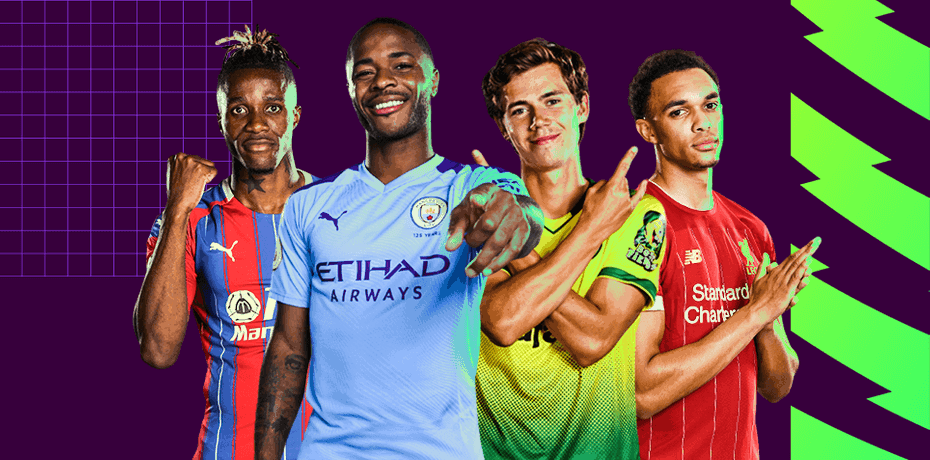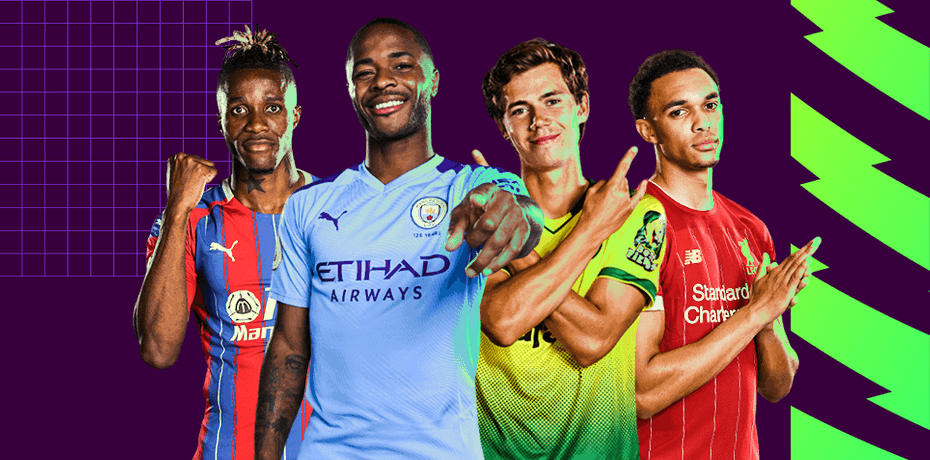
In the absence of any real football on our screens, professional players are turning to a virtual version of the sport – and it’s proving to be hugely entertaining. Could footballers even encourage an influx of new esports fans?
Football in esports or no football at all
Like all aspects of society, football is feeling the consequences of the coronavirus, with the global pandemic bringing a complete halt to normal life.
For football, that means no matches, and with the death of other sports available for fans to consume, many have been forced to find other activities to occupy their time.
It’s therefore not a surprise that many have turned to the world of esports, one of the few industries that have remained relatively unscathed from the current situation. FIFA 20 in particular has seen a huge upsurge in online competitions over recent weeks such as the #stayandplay Cup, the #FootballsStayingHome Cup and ePremier League Invitational tournament, which took place only recently.
Sancho and Rashford are among those playing in FIFA 20 competitions
The main proponents of such tournaments have been professional football players. Again, this makes complete sense. Footballers currently have ludicrous amounts of free time on their hands, are a younger demographic and have an interest in the sport – be it in real life or on a gaming console.
More significantly for the esports industry, however, footballers bring a huge following that even the most popular gamers can’t compete with. For example, the #FootballsStayingHome Cup round-of-16 clash between England internationals Marcus Rashford and Jadon Sancho has been viewed over 240,000 times on YouTube.
Meanwhile, the #stayandplay Cup – a tournament organized by EA Sports which involved professional players from 20 different football clubs – attracted an average audience of around 60,000.
A burgeoning esports fanbase
While these numbers are rather weak in comparison to the viewing figures of games such as League of Legends and Age of Empires, the esports football market is still very much in its infancy.
In many ways, FIFA and EA Sports are still trying to find new ways of attracting regular football fans to esports and they may have accidentally stumbled upon the optimum strategy of gaining viewers.
Hosting competitions that involve footballers is a simple way to bridge the gap between real-life sports and its online version, and players can use their huge social media followings to drive spectators to the esports tournaments.
Due to the coronavirus outbreak, football fans have been starved of news on their favorite players, not to mention the lack of action on the green field. Esports offers the perfect way to keep up with the lives of Trent Alexander-Arnold, Raheem Sterling and other well-known stars.
Quick game of FIFA in between calls from Robbo pic.twitter.com/AsTKLfIz7O
— Trent Alexander-Arnold (@TrentAA) April 19, 2020
It’s more than that, supporters are genuinely interested in how good the top pros are at playing FIFA, while the knockout tournaments provide intrigue, suspense and drama – all the things fans are missing in football’s absence.
Seize the day
In many ways, this is a pivotal moment for FIFA and the esports football market. Never has the industry had a better opportunity of capturing and maintaining so many new followers. Using football players is a start, and it has already acted as an excellent mechanism to attract viewers. However, it is the level of entertainment on show that will ultimately decide how many supporters take a keen interest in esports.
In that regard, it’s so far so good, with the #stayandplay Cup proving to be a hugely entertaining spectacle. The last day alone was evidence of this, as Copenhagen’s Mohamed Daramy won a semifinal and final via two tense golden goals.
- READ MORE: Daramy wins FIFA 20 #stayandplay cup
Of more interest is the ePremier League Invitational tournament which sees every club from England’s top division submitting a player into an online FIFA tournament. Meaning no offense to Daramy and runner-up Jesper Karlstrom, the #stayandplay Cup final would have acquired more viewers if two more established stars competed in the cup final. The Premier League – the most popular football division on the planet – will not have the same problem.
For FIFA and EA Sports, the message is simple: your audience is there, now go reel them in…


































